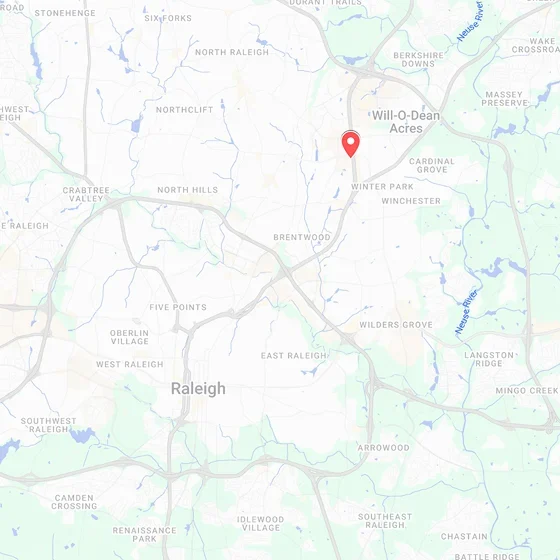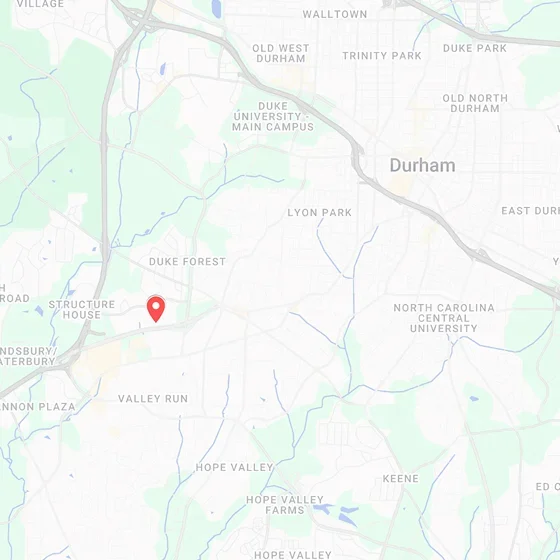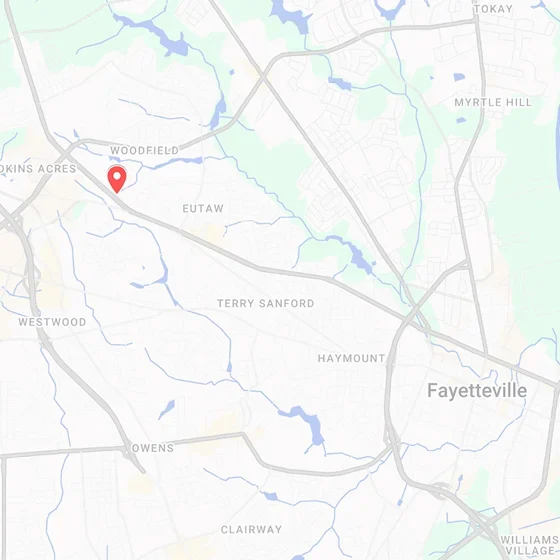What is LVP Flooring?
The truth about vinyl plank flooring Vinyl floors have quickly become a go-to choice for consumers as it is beautiful, durable, and cost effective. Growing in popularity in the last few years, LVP is the flooring product on everyone’s lips. But what is LVP Flooring exactly? What is it made of, how does it look,…
The truth about vinyl plank flooring
Vinyl floors have quickly become a go-to choice for consumers as it is beautiful, durable, and cost effective. Growing in popularity in the last few years, LVP is the flooring product on everyone’s lips. But what is LVP Flooring exactly? What is it made of, how does it look, what does it do? And most importantly, is it the right floor for my space? We’ve got the answers you’re looking for! Read below to learn everything you need to know about LVP floors.
What does LVP stand for?
The acronym LVP stands for: luxury vinyl plank. This means that the flooring is a vinyl floor that is complete with desirable, on-trend visuals.
Many consumers consider LVP to be a great alternative to more expensive flooring formats because it is strong enough to withstand the wear and tear that comes with living in an active household. Plus, modern printing technology makes it possible for LVP floors to be available in several stylish design options, replicating visuals of hardwood flooring or even stone. With LVP, consumers can have the beautiful look of wood or natural stone at a lower price point.
What is LVP Flooring made of?
LVP Flooring is primarily made of vinyl. Vinyl composition floors are durable and resistant against scratches, making them ideal for areas of the home that see a lot of foot traffic such as entryways and living rooms. Plus they are easy to clean and maintain over time.
In the past decade or so, luxury vinyl floors have evolved and progressed to provide even more performance benefits within the home. In fact, there is a category of vinyl flooring that is referred to as rigid core flooring, which includes a strong, multilayer polymer core composition. Depending on the flooring selected, the floor’s core could include engineered wood for extra strength, protection against water and even protection against sound.
What is the difference between LVT and LVP?
LVT and LVP are similar as they both are the same type of flooring. However, the difference between the two has to do with size. The acronym LVT stands for “luxury vinyl tile” while the P in LVP stands for “plank.” Luxury vinyl tile is available in a smaller, more slender size. It could be offered in a square, more compact shape, much like tile.
In comparison, luxury vinyl planks are longer boards and can also be wider as well. Similar to hardwood, flooring that is available in planks can be installed quicker as they include more square footage. Because it resembles a hardwood format, LVP may be slightly more expensive than LVT as it has more of a high-end look.
Both LVT and LVP are favorable vinyl flooring options, and choosing between the two is a stylistic choice on the consumers’ part. LVP and LVT flooring provide the same durability and performance capabilities in the home. Selecting one over the other is usually dependent on what the consumer’s design preference is, as both floors give the consumer an opportunity to exercise picking what style they would like to create in their space.
Is LVP waterproof?
LVP Floors are treated to stand up in high traffic areas that can see the occasional mess or spill. However, it is important to read about the type of LVP flooring that is selected for your installation. While floors may tout properties that can stand up to water, there is a difference between flooring that is water resistant and flooring that is truly waterproof.
Water resistant floors keep any contact wetness on the surface wear layer for a period of time so that the moisture does not seep through to the plank’s inner core and ultimately ruin the floor. But this does not mean that water should be left unchecked and uncleaned from the floor. If water touches your LVP floor, it should still be properly wiped up. Unless stated otherwise, think of your LVP floor as water resistant.
A truly waterproof floor will not be impacted by water in any way. Tile, for example, will not be damaged at all by water, making it an ideal choice for showers. LVP can handle some exposure to water, so no need to panic if there is a spill or rain tracks in from the outdoors. But it is important to properly wipe up the moisture to ensure that it will not ruin the floor’s composition.
Is LVP good for bathrooms?
Selecting flooring for bathrooms requires a lot of thought as bathrooms see the most water in the house. Many flooring types are not suited to be in a room that has a lot of moisture, so it is always important to do your research and read the instructions on the flooring you purchase.
LVP flooring does have water resistant properties, and some LVP floors even are designed to be fully waterproof. Often, vinyl floors with a multilayer core are the best choice for a bathroom as they include added protection against water and damage. The professionals at USA Flooring can help you find the perfect floor for your bathroom – contact us today!
Conclusion
LVP Flooring has quickly become a consumer favorite because of its strong durability and its large selection of beautiful visuals. Luxury vinyl plank floors can handle the foot traffic of active households without scratching, and they are easy to maintain. LVP Floors can even be designed to look like high-end hardwood or natural stone, but at a lower price. They are also resistant against water, with some LVP floors being fully waterproof.











